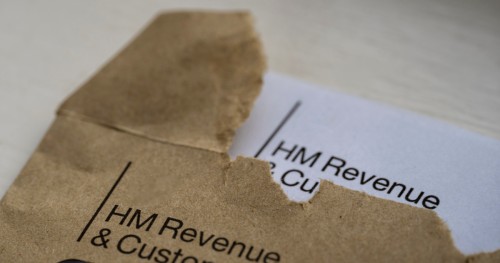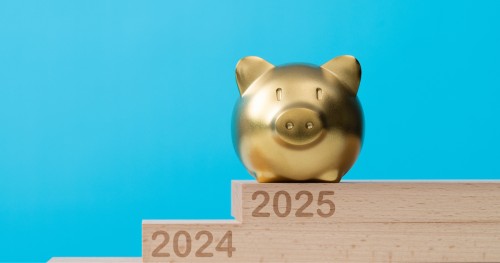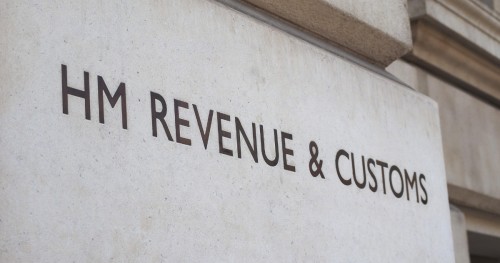Can I go self-employed just to claim the costs of a home-office makeover?

Freelancer’s Question: Is it possible to become a self-employed sole trader only for a week or two, and work for myself as something I can easily stop at like a ‘life coach,’ to buy a very colourfully themed interior for a home-office, with matching furniture and supplies, just so I can make the entire purchase tax-deductible?
Expert’s Answer: Let’s break your question down into a few parts.
Duties you can’t dodge
Firstly, if you work for yourself, then you’re classed as self-employed, and as such there are certain obligations you need to fulfil.
You, the individual, and your business are one and the same. For your business you will need to record: all income, business expenses, VAT records (if applicable), PAYE records and personal income.
You’ll become part of the self-assessment system
Regardless of the volume declared for each record (so even, say, if you have no invoices but business expenses), you will be required by law to complete a self-assessment tax return and submit yearly personal tax returns.
Any self-employed individual will also need to register their details with HMRC. Not doing so could mean the incorrect tax code moving forward, and the possibility of incurring penalties as you have not declared the date you started working self-employed. So bear that in mind.
Not even a life coach should try to get one over on the taxman
Please be aware, you cannot fool HMRC.
In the scenario posed, if you, the individual, is asking whether you can start up a ‘business’ that you’ve no intention of using as a business, with the sole intention of claiming expenses to make it appear as if they are business expenses, then we absolutely would advise against this.
Expenses should only ever be claimed for the running of your business. As stated by HMRC, “allowable expenses do not include money taken from your business to pay for private purchases.”
Tax return, obligations as an accountant, business records
So again, any risk you wish to take means you will have to submit a self-assessment tax return and you will be categorised as self-employed in the eyes of HMRC.
As accountants, we have an obligation to clients to advise on best practice, and to HMRC an obligation to report any fraudulent activity. As such, we would never encourage trying to find loopholes, or ways to mislead HMRC that items purchased solely for personal gain are disguised as needed for business use.
Further be aware, HMRC can ask for business records including receipts -- so not being able to prove accurate evidence of what you are claiming to have purchased items for tax relief purposes would result in financial penalties being applied.
Genuine self-employed can claim legitimate business expenses
If you are looking to start a business as a side-hustle, part-time, or as something to boost your income in between permanent work, potentially as a life coach, then that is entirely different!
Sole traders are entitled to business expenses, and we would recommend if any of the following points apply to your circumstances, then you should register as a sole trader:
If you have earned over £1,000 from self-employment between April 6th 2021 and April 5th 2022;
You want to make voluntary Class 2 National Insurance payments to help you qualify for benefits;
You need to prove you’re self-employed, e.g.to claim tax-free childcare.
If you’re unsure of your status, you can use HMRC’s handy tool to check this here.
When you can put office items on expenses…
So, in this instance of genuine self-employment arising from you becoming a bonafide business, yes, office supplies and office furniture are classed as an allowable expense, as you absolutely would need such items to run your business.
For the genuinely self-employed, some business costs can be deducted when working out taxable profit.
Beware duality of purpose
However, please note, if you use something for both personal and business use, you can only claim allowable expenses for the business costs.
So if something is used for dual purpose i.e., a mobile phone, you may only be able to claim part of the mobile phone bill as an expense, and not the entire amount.
My final recommendation? Just don’t bother
Bottom line? Quite simply, if the items in question are for personal benefit, don’t entertain the idea of trying to get them through as a business expense. Think about the far-reaching repercussions that could incur if you did so. If you’re unsure whether a business cost is classed as an allowable expense, it’s advisable to speak with an accountant, or call HMRC.
The expert was Christian Hickmott, managing director of accountancy firm Integro Accounting.



Comment
Log in or create your account to react to the article.